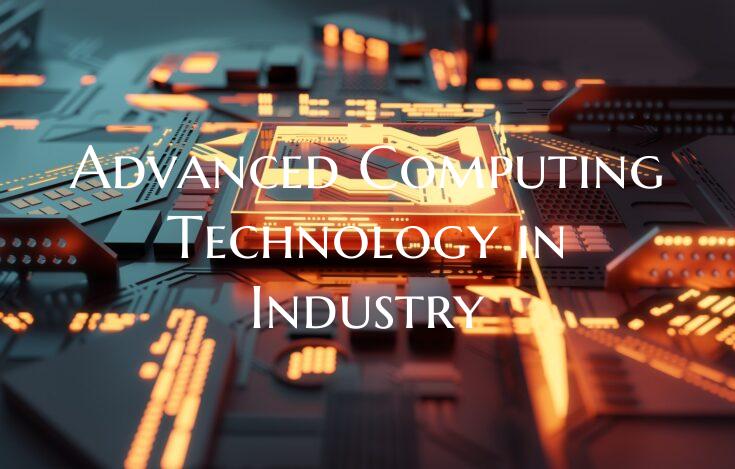Advanced Computing Technology in Industry
In today's fast-paced industrial landscape, the integration of advanced computing technology has become a game-changer for businesses looking to optimize their operations, drive efficiency, and stay ahead of the curve. With the rise of Industry 4.0 and digital transformation, companies across various sectors are increasingly turning to cutting-edge computing technologies to streamline processes, improve decision-making, and ultimately, boost profitability.
One of the key advancements that have revolutionized the industrial sector is the adoption of artificial intelligence (AI) and machine learning. These technologies have the ability to analyze large datasets, identify patterns, and make accurate predictions in real-time. By harnessing the power of AI, industrial operations can automate routine tasks, enhance predictive maintenance, and optimize resource utilization.
Moreover, the Internet of Things (IoT) has paved the way for a more interconnected and intelligent industrial ecosystem. By enabling devices to communicate and share data over a network, IoT technology empowers businesses to create smart factories with enhanced visibility and control over their production processes. This interconnectedness allows for real-time monitoring, remote access, and predictive analytics, leading to improved operational efficiency and reduced downtime.
Furthermore, cloud computing has emerged as a cornerstone technology that enables businesses to scale their computing resources, store and access data securely, and deploy applications with ease. By migrating to the cloud, industrial enterprises can leverage the scalability, flexibility, and cost-efficiency of cloud services to accelerate innovation, collaborate in real-time, and gain a competitive edge in the market.
In addition to AI, IoT, and cloud computing, other advanced computing technologies such as edge computing, blockchain, and virtual reality are also reshaping the industrial landscape. Edge computing brings processing power closer to the data source, thereby reducing latency and improving real-time decision-making capabilities. Blockchain technology ensures the secure and transparent exchange of data, fostering trust among stakeholders in complex supply chains. Virtual reality enables immersive training simulations, remote troubleshooting, and visualization of complex systems, enhancing operational efficiency and reducing training costs.
In conclusion, the integration of advanced computing technology in the industrial sector represents a paradigm shift that offers tremendous opportunities for businesses to achieve operational excellence, drive innovation, and create value for their customers. By embracing these cutting-edge technologies and fostering a culture of continuous learning and adaptation, industrial enterprises can future-proof their operations and thrive in an increasingly digitized world.

